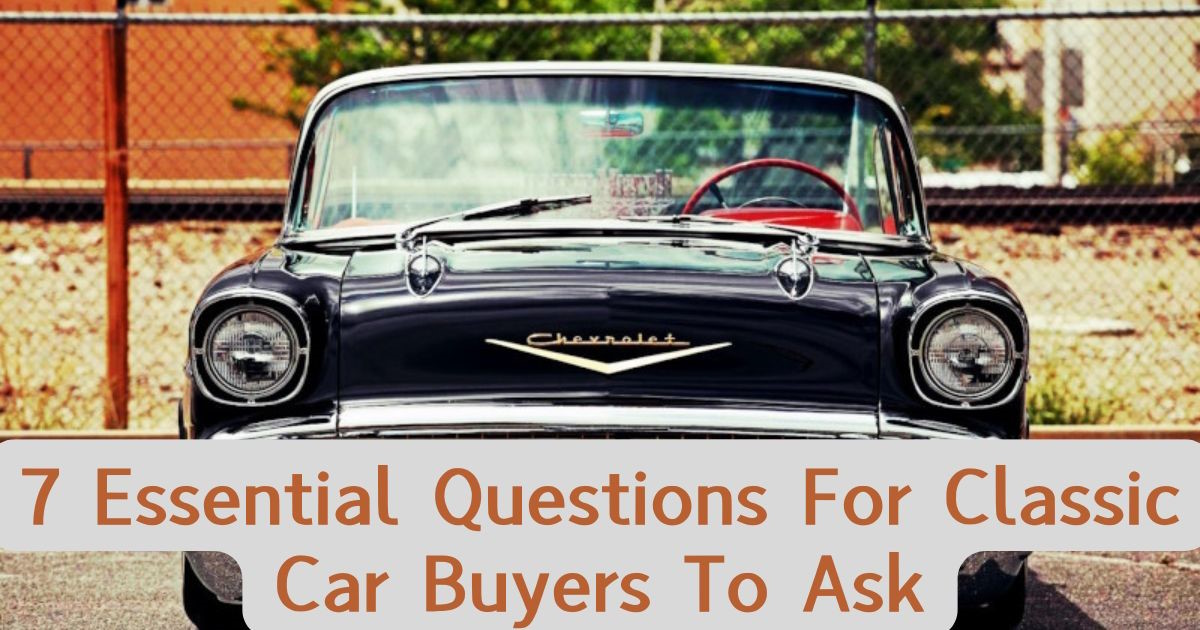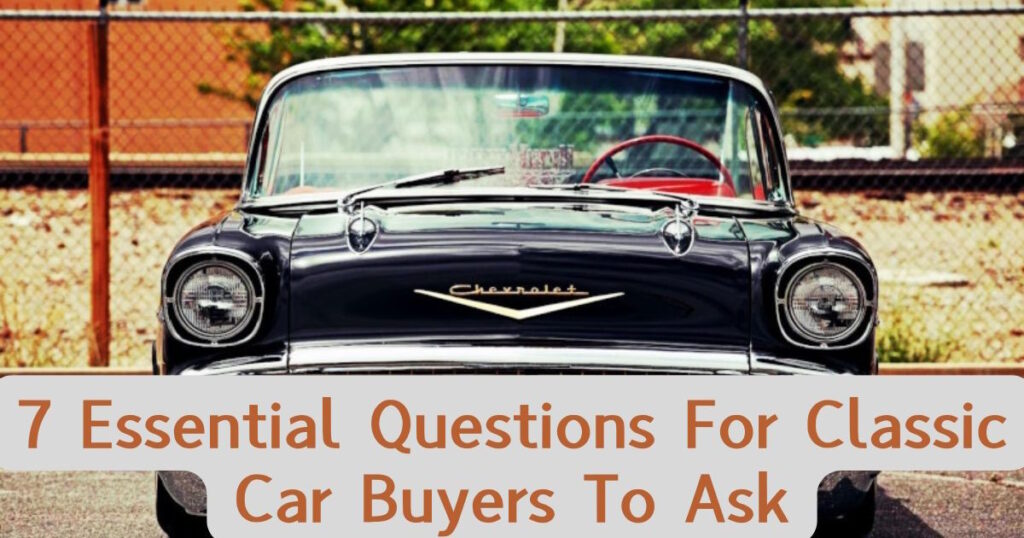
There’s something magical about owning a classic car—a blend of nostalgia, pride, and the thrill of driving a piece of history. But anyone who’s taken the plunge knows that buying a classic isn’t your typical dealership experience.
From uncovering hidden quirks to ensuring you’re not sinking funds into a money pit, the journey to owning a classic car involves some careful consideration and, most importantly, asking the right questions.
In this article, we’ll dive into the key questions every classic car buyer should ask to ensure their purchase is a joy to drive, display, and own.
With insights that range from the car’s history to maintenance needs, these questions will help you step confidently into classic car ownership, making the experience as rewarding as it is thrilling.
What’s the Car’s Full History?
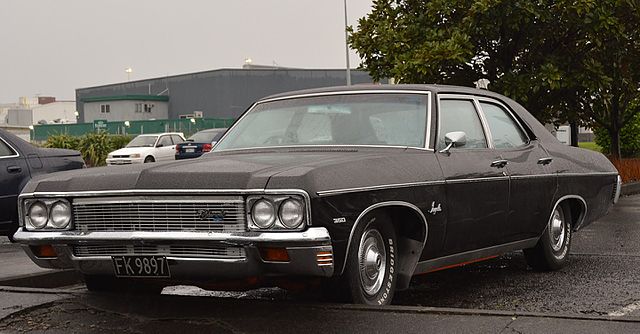
A classic car’s history can reveal as much as an open book—if you know where to look. Start by asking the current owner about the car’s story, including past owners, any significant events (good or bad), and restoration history.
Sometimes, classic cars have endured a life of travel or racing, or they may have simply sat under a cover in a dry garage for years. Each past chapter impacts the condition and character of the car today.
This question gives you insight into the car’s potential quirks and areas that may need special attention. For example, cars with extensive racing backgrounds might have a bit more wear and tear, while a low-mileage car kept in a single-family for decades could be a gem.
How Extensive Was the Restoration?
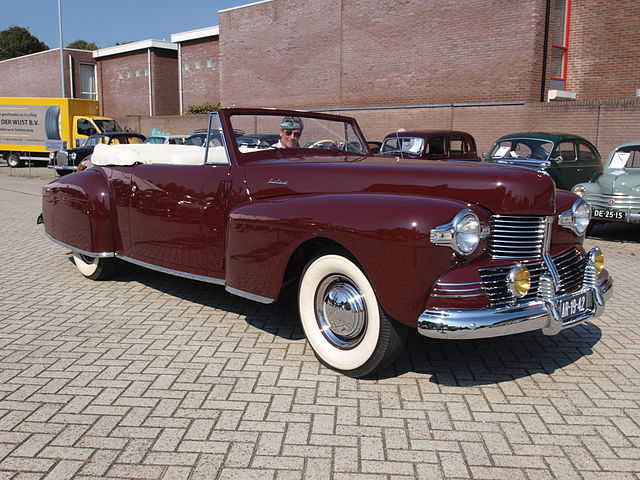
Restoration work can vary widely, from minor touch-ups to a full frame-off restoration. Ask the owner for a breakdown of what was restored, who did the work, and when. If the restoration was DIY, find out if they have any photos of the process or can provide a list of new parts added.
Restoration quality can mean the difference between a smooth ride and constant trips to the mechanic. Look out for models where only cosmetic fixes were made, as you could be dealing with “lipstick on a pig” instead of a car with real longevity.
A well-done restoration with quality parts and craftsmanship means you’ll spend more time enjoying the ride and less time (and money) fixing issues.
Related: When Does a Car Become a True Classic? 7 Factors
Is It Still Running on Original Parts?
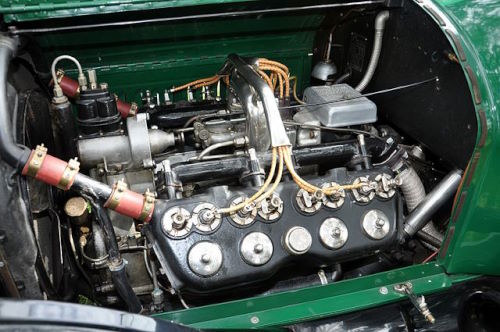
Originality is a big deal in the classic car world. Some buyers crave a fully original car, right down to the last bolt, while others are happy with a few updates that enhance performance and reliability. Ask if the car has its original engine, transmission, and other major components.
Original parts can add significant value but may also come with unique maintenance needs. If you’re after authenticity, know that keeping those original parts in good condition will often mean extra TLC (and likely, costs).
On the other hand, well-chosen aftermarket parts can sometimes make maintenance easier and improve drivability without sacrificing the car’s essence.
How Does It Drive? Any Known Quirks?

When it comes to classic cars, quirks are practically part of the charm. But knowing those quirks upfront can help you avoid any surprises. Ask the owner about the car’s driving feel and if it has any “personality traits” you should be aware of.
Some classics may have a bit of a rough start in the morning or handle a little differently than you might be used to.
If possible, take it for a test drive to feel it out yourself. Pay attention to how it idles, handles, and shifts. Some quirks are minor and even add character, but others might indicate issues that need to be addressed before you buy.
Related: 11 Affordable Classic Cars Perfect for Beginners
What’s the Condition of the Paint and Bodywork?
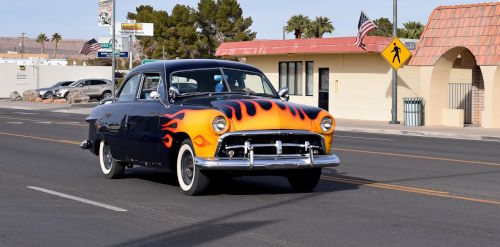
Bodywork can be a costly area, so getting a sense of the car’s paint and body condition is essential. Check for rust, especially in common trouble spots like the wheel wells, floor panels, and undercarriage.
Ask the owner if they’re aware of any hidden damage or if any repainting or touch-ups have been done.
Rust can be a particular issue for classic cars, especially those stored in humid or coastal areas. A little surface rust can usually be managed, but structural rust is a whole other beast. A thorough inspection now can save you countless hours and dollars down the road.
What Maintenance Records Are Available?
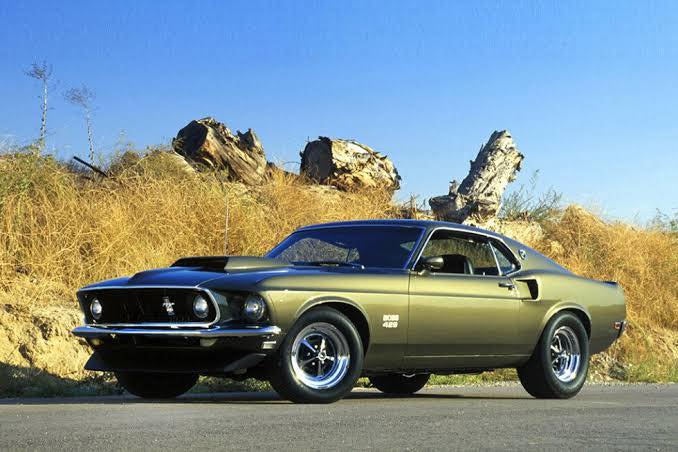
A well-documented maintenance history is a big plus when buying a classic. Ask to see any records the current owner has kept, especially for major repairs or upgrades. This history can reveal if the car has been regularly maintained or if it’s been on the back burner.
This question also helps you understand any ongoing needs. For example, some classics have unique requirements, like regular lubrication or adjustments to the carburetor.
The more you know about its upkeep, the easier it’ll be to stay on top of maintenance and avoid unexpected repairs.
Are There Any Spare Parts or Extras Included?
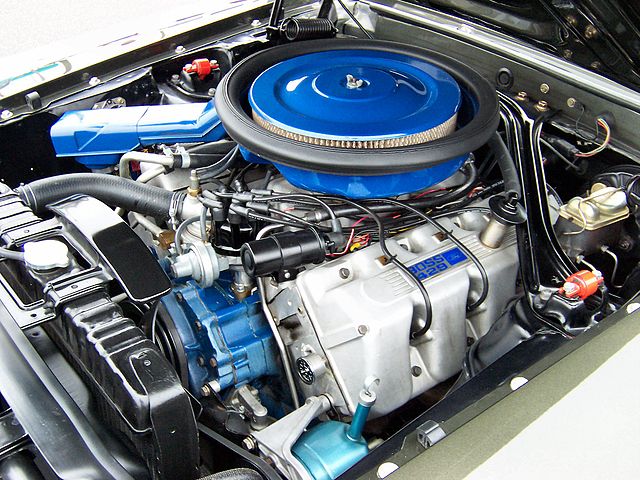
Spare parts are like gold for classic car owners. It’s common for sellers to have a small stockpile of original or aftermarket parts they’re willing to throw in with the sale. Ask if they have any extras, like filters, gaskets, or even original manuals or memorabilia that come with the car.
Even small items, like extra trim pieces or old badges, can be valuable and useful, especially if you plan to keep the car for the long haul. Plus, having a few spares on hand can save you time and money hunting them down later.
Final Thoughts
Buying a classic car is as much about the journey as it is about the destination. Armed with these essential questions, you’ll be prepared to make an informed decision and find a car that’s a perfect fit for you.
Classic cars are unique creatures, each with its quirks, stories, and character—and with the right approach, you’ll find one that’s as enjoyable to own as it is to drive.
Got any favorite questions or buying tips for classic car fans? Share your insights, experiences, or even photos of your classic on our Facebook page. We’d love to hear about your adventures and keep the classic car conversation rolling!
Related Articles:

